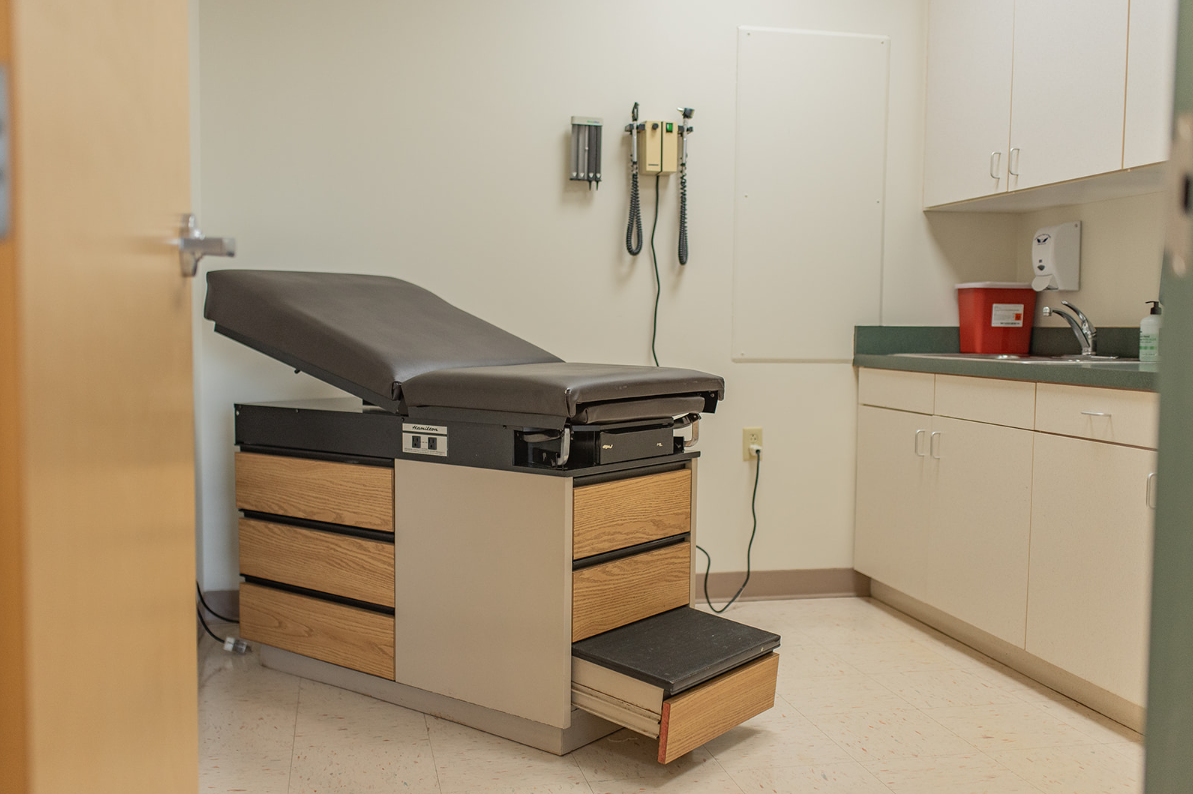"OMG! I Need a Break!"
"OMG! I Need a Break!" — Why Your Nervous System Might Be Crying Out for Help
Have you found yourself saying this lately?
If so, you're not alone. In today’s hyper-connected world, our bodies and minds are working overtime to keep up. In this post, we’re diving into why modern life is overloading our nervous systems, how it’s impacting your health, and most importantly—what you can do about it.
The Modern Nervous System: Meant for Balance, Overwhelmed by Chaos
Your nervous system is like your body's command center, constantly processing what’s happening inside of you and all around you. It’s handling sights, sounds, smells, touch, and tastes—and according to research, it’s receiving up to 11 million bits of information every second!
That’s impressive… but also overwhelming.
In a world of screens, alerts, noise, multitasking, bright lights, pollution, and constant decision-making, your brain is bombarded 24/7. This keeps your body in a sympathetic (aka “fight or flight”) state—the stress response.
Constant Stress Mode? That’s a Problem
The sympathetic nervous system is designed to help you respond to short-term stressors. But when those stressors never stop, your parasympathetic (“rest and digest”) mode doesn’t get the chance to kick in. And that’s the problem because that’s where healing happens. Without parasympathetic activation, the body struggles with:
🌿 Digesting food
🌿 Repairing tissues
🌿 Balancing hormones
🌿 Reducing inflammation
🌿 Getting quality sleep
Over time, chronic stress contributes to fatigue, anxiety, poor gut health, low immunity, and faster aging. It’s a major reason as to why we have become a much sicker population.
Are You Stuck? Check In.
Ask yourself:
🌿 Do you often feel like you're constantly “on” or stimulated?
🌿 Is decision-making exhausting?
🌿 Does every text, email, or call feel overwhelming?
🌿 Are you easily irritated or emotionally reactive?
🌿 Do you sleep poorly or wake up tired after a full night’s rest?
🌿 Do you deal with anxiety, inflammation, gut issues, or poor exercise recovery?
If you said yes to any of these, your nervous system might be stuck in overdrive.
6 Ways to Help Your Nervous System Reset
Here are some simple and free but powerful strategies to bring your body back into rest-and-repair mode:
1. Create Stillness
Remove stimuli. Give your nervous system a break from constant stimulation. Make your bedroom a tech-free sanctuary. Use soft, warm lighting—red light is even better.
2. Go Outside
Sunlight, fresh air, and nature send calming signals to your brain. Take your shoes off and try grounding—standing barefoot on grass or soil. It may sound simple, but science backs its nervous system benefits.
3. Breathe with Intention
Deep, slow breathing activates your vagus nerve—a key pathway to the parasympathetic system. A few minutes of conscious breathwork each day can calm your body and mind.
4. Build Rhythms & Routines
Predictability, consistency, and routine helps your body feel safe. Try consistent sleep and wake times, regular meals, and a predictable daily rhythm.
5. Move Your Body
Movement releases stress and tension. It doesn’t have to be intense—just walking, stretching, or dancing counts.
Bonus: combine it with time outdoors for extra benefit.
6. Connect with Others
We’re wired for connection. Meaningful relationships and safe community regulate the nervous system and reduce stress. Isolation can cause the nervous system to feel unsafe.
The Bottom Line
Your body can’t heal when it’s stuck in survival mode. With more sensory and cognitive input than ever before, we must intentionally create space for rest. When we support the parasympathetic system, we unlock the body's natural ability to digest, repair, heal, and thrive.
Give yourself permission to slow down. Your nervous system—and your future health—depends on it.
Zimmermann, R. (1989). “The nervous system and the information theory.” In: Lecture Notes in Biomathematics.












